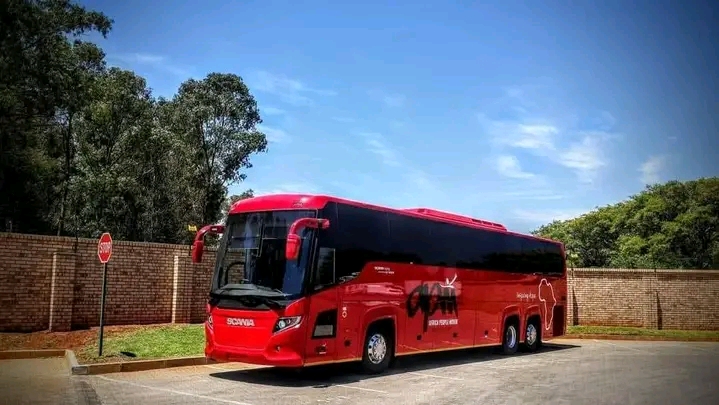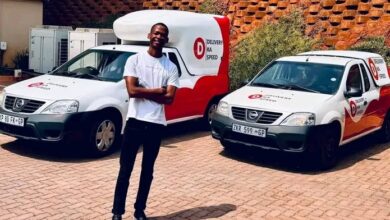How Tumisang Kgaboesele Built Africa People Mover into a Leading Black-Owned Transport Brand
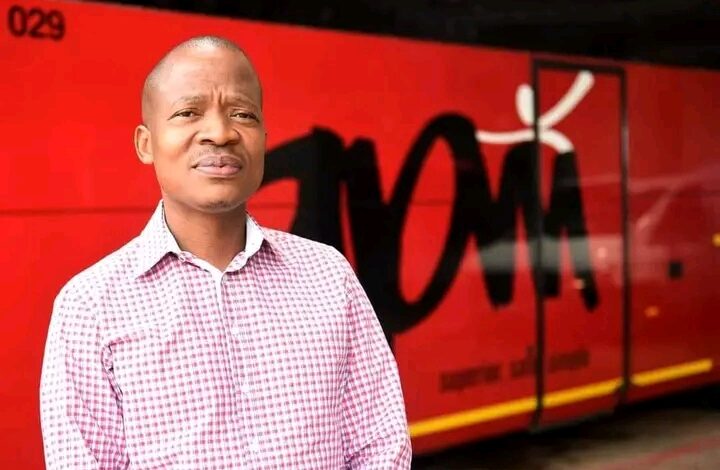
How Tumisang Kgaboesele Built Africa People Mover into a Leading Black-Owned Transport Brand. In 2014, Tumisang Kgaboesele launched Africa People Mover (APM) with a bold vision: to provide affordable, dignified, and reliable long-distance bus travel for South Africa’s underserved communities. Today, APM stands as one of the largest Black-owned intercity bus operators in the country, with a growing fleet and a loyal customer base. This is the story of how a lawyer-turned-entrepreneur disrupted a R2.5 billion market and built a brand that moves more than just people, it moves possibilities.
From Law to Logistics: The Entrepreneurial Leap
Kgaboesele, a Wits University law graduate with a master’s in tax, began his career in corporate law and banking, including stints at Bowmans and Barclays. His transition into public transport came when he joined the Passenger Rail Agency of South Africa (PRASA) as a special advisor, where he gained firsthand insight into the challenges and inefficiencies of South Africa’s commuter systems.
After a rejected turnaround proposal at his employer, Kgaboesele decided to act on his vision independently. He raised startup capital and launched APM with four leased coaches from Intercape, running the inaugural Johannesburg-Durban route on December 12, 2014.
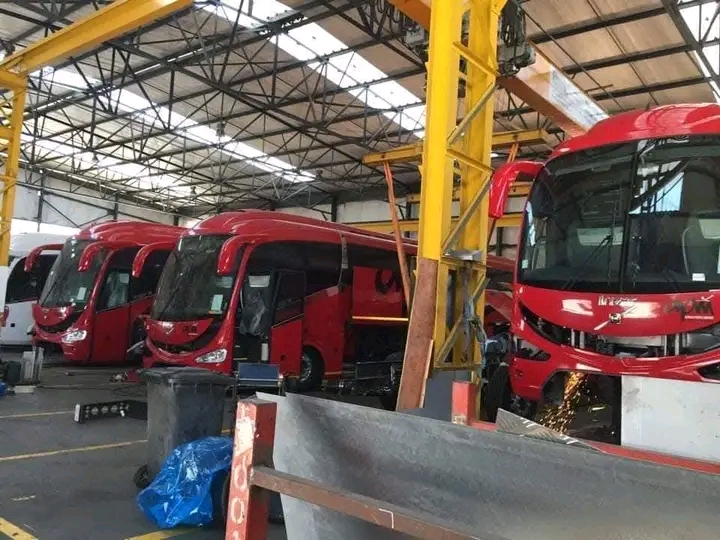
Redefining the Market: Serving with Dignity
APM’s mission was clear: to serve Black South Africans, often overlooked by premium transport providers, with luxury-level service at accessible prices. The company’s signature red coaches, emblazoned with the slogan “Inspiring Africa,” quickly became a familiar sight on major routes. By focusing on high-density corridors and maintaining consistent pricing regardless of peak travel times, APM built a reputation for reliability and fairness.
Customer reviews frequently highlight the cleanliness, comfort, and professionalism of APM’s service, reinforcing its commitment to quality.
Scaling Up: Growth and Challenges
Within five years, APM expanded its fleet to 30 coaches, and employed over 220 staff members. The company captured a significant percentage of the long-distance bus market, competing with established players like Intercape.
However, growth was not without obstacles. In 2019, APM faced a significant challenge when PRASA restricted its access to Johannesburg’s Park Station due to a lapsed access agreement and unpaid fees. APM contested the move, citing anti-competitive behavior, and brought the case before the Competition Tribunal.
Additionally, systemic barriers in the industry posed hurdles. Kgaboesele highlighted the lack of incubatory funding and the preferential terms offered to established operators, which made it difficult for new entrants to compete.
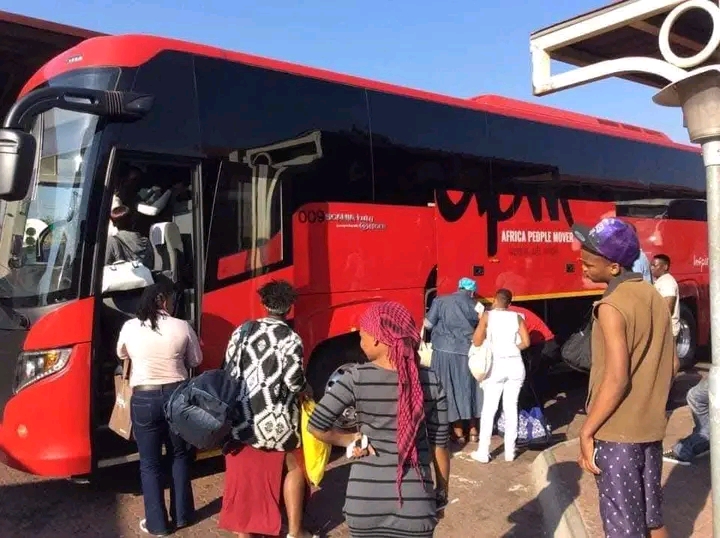
Strategic Insights for Entrepreneurs
APM’s journey offers several key lessons for aspiring entrepreneurs:
- Identify Underserved Markets: APM’s success stemmed from recognizing and addressing the needs of a demographic that was often neglected by existing services.
- Leverage Industry Experience: Kgaboesele’s background in law and public transport provided valuable insights that informed APM’s business model and operations.
- Maintain Consistent Pricing: By keeping fares stable, APM built trust and loyalty among customers, setting it apart from competitors who fluctuated prices based on demand.
- Advocate for Fair Practices: Challenging anti-competitive behaviors and systemic barriers is crucial for creating a more equitable business environment.
- Invest in Quality Service: Providing clean, comfortable, and reliable transportation fostered positive customer experiences and word-of-mouth referrals.
Looking Ahead: Driving Forward
APM continues to expand its reach across South Africa, with routes spanning Gauteng, KwaZulu-Natal, Limpopo, Mpumalanga, North West, Northern Cape, and the Western Cape. The company remains committed to its founding principles, striving to increase its market share and further enhance its services.
